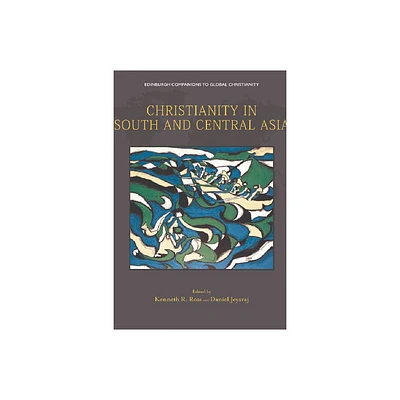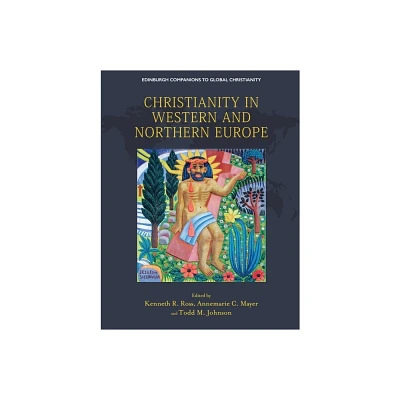Home
Conversionary Sites: Transforming Medical Aid and Global Christianity from Madagascar to Minnesota
Loading Inventory...
Barnes and Noble
Conversionary Sites: Transforming Medical Aid and Global Christianity from Madagascar to Minnesota
Current price: $113.00


Barnes and Noble
Conversionary Sites: Transforming Medical Aid and Global Christianity from Madagascar to Minnesota
Current price: $113.00
Loading Inventory...
Size: Hardcover
*Product Information may vary - to confirm product availability, pricing, and additional information please contact Barnes and Noble
Drawing on more than two years of participant observation in the American Midwest and in Madagascar among Lutheran clinicians, volunteer laborers, healers, evangelists, and former missionaries,
Conversionary Sites
investigates the role of religion in the globalization of medicine. Based on immersive research of a transnational Christian medical aid program, Britt Halvorson tells the story of a thirty-year-old initiative that aimed to professionalize and modernize colonial-era evangelism. Creatively blending perspectives on humanitarianism, global medicine, and the anthropology of Christianity, she argues that the cultural spaces created by these programs operate as multistranded “conversionary sites,” where questions of global inequality, transnational religious fellowship, and postcolonial cultural and economic forces are negotiated.
A nuanced critique of the ambivalent relationships among religion, capitalism, and humanitarian aid,
draws important connections between religion and science, capitalism and charity, and the US and the Global South.
Conversionary Sites
investigates the role of religion in the globalization of medicine. Based on immersive research of a transnational Christian medical aid program, Britt Halvorson tells the story of a thirty-year-old initiative that aimed to professionalize and modernize colonial-era evangelism. Creatively blending perspectives on humanitarianism, global medicine, and the anthropology of Christianity, she argues that the cultural spaces created by these programs operate as multistranded “conversionary sites,” where questions of global inequality, transnational religious fellowship, and postcolonial cultural and economic forces are negotiated.
A nuanced critique of the ambivalent relationships among religion, capitalism, and humanitarian aid,
draws important connections between religion and science, capitalism and charity, and the US and the Global South.


















